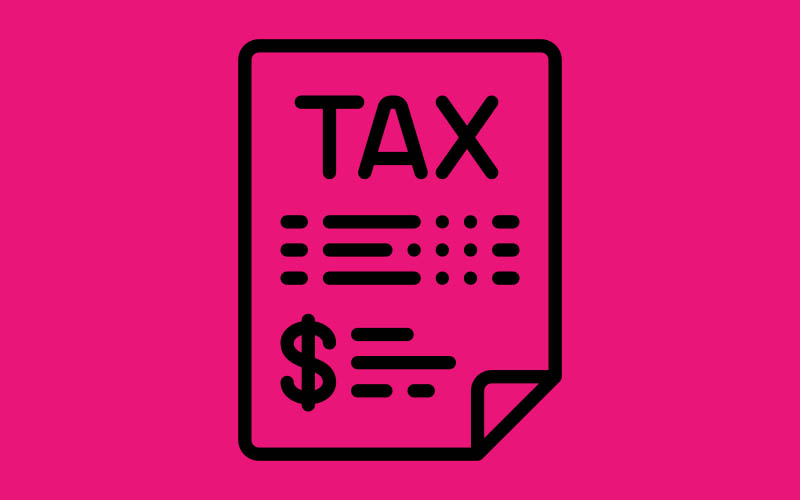contract
We're all gunna mine it brah.
- Joined
- Jun 2, 2015
- Messages
- 403
- Likes
- 448
- Degree
- 2

The Supreme Court of the US (SCOTUS) has just overruled 1992's Quill Corp v. North Dakota case in South Dakota v. Wayfair.
Quill stated that US states could only change sales taxes on companies with a physical presence in the state. Quill determined how state taxes worked with e-commerce from the web's first days. Now, under this new decision, even if a company doesn't have a store, warehouse, or office in a state, its internet sales to that state's residents can be taxed.
https://www.zdnet.com/article/supre...es-tax-states-can-charge-all-online-shoppers/